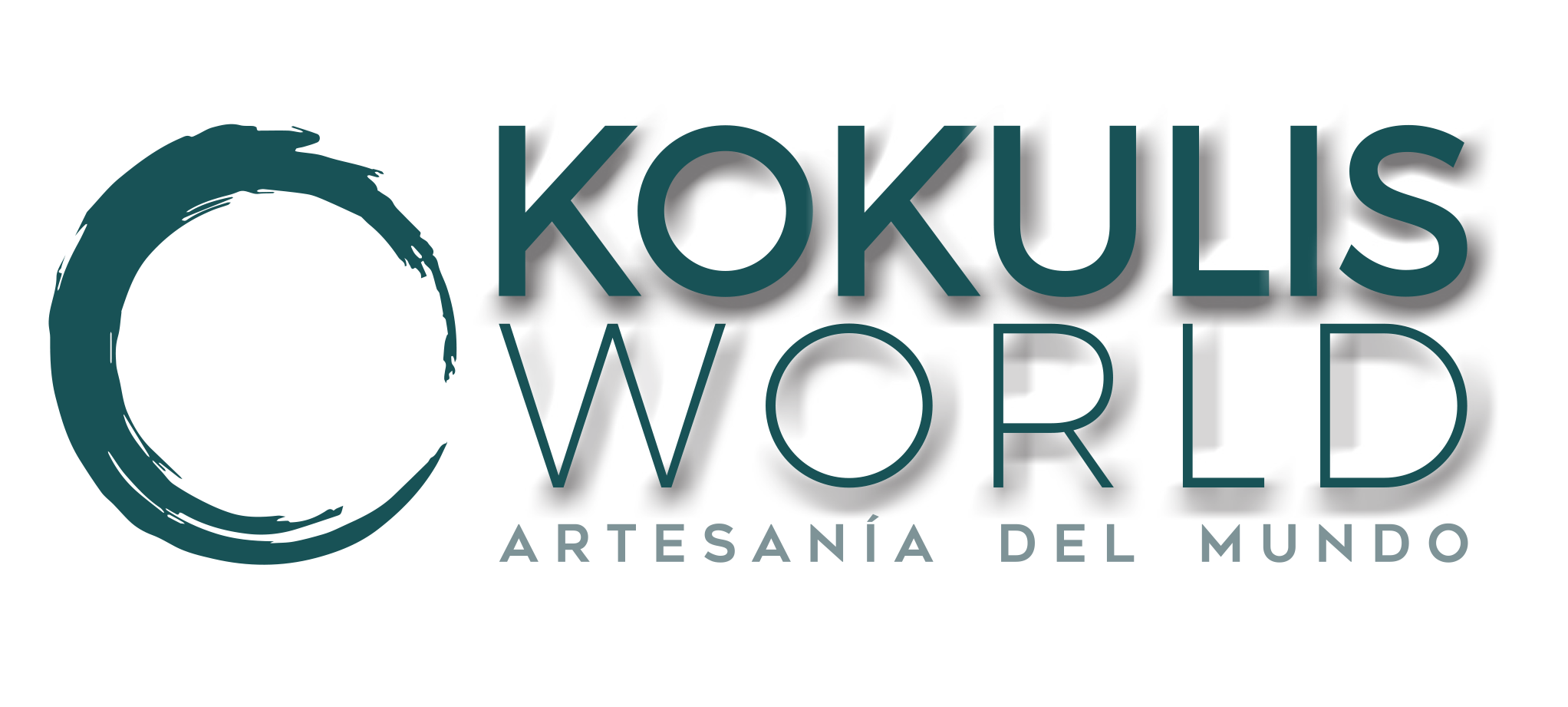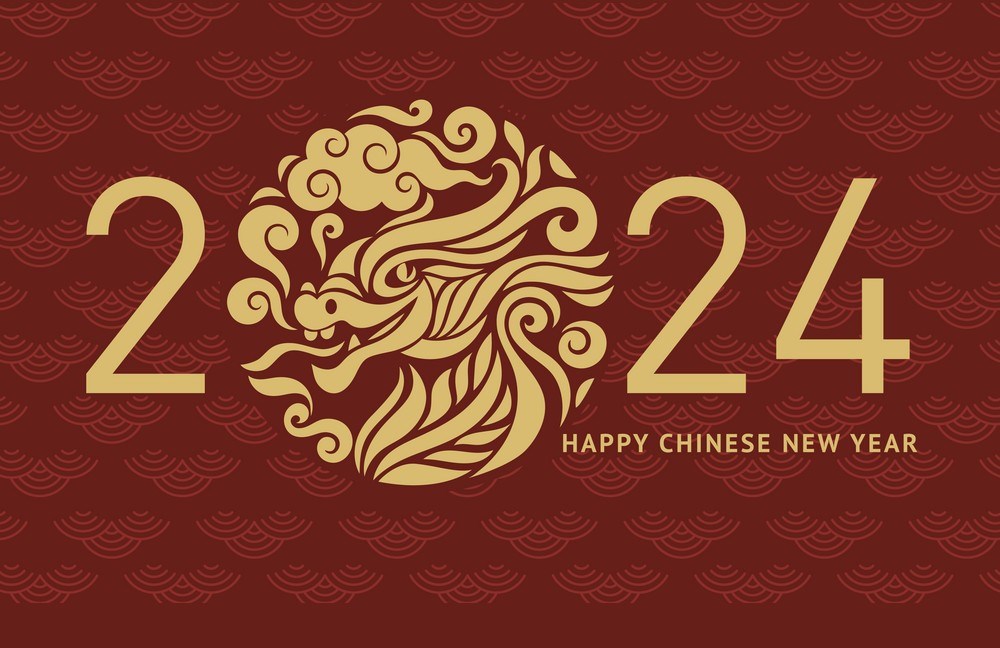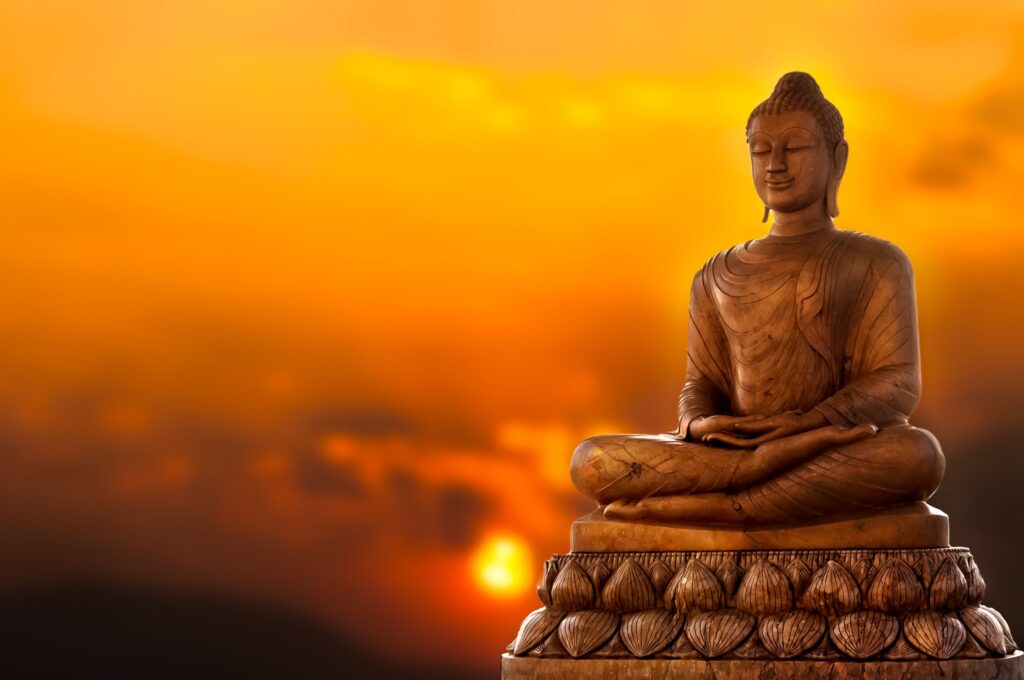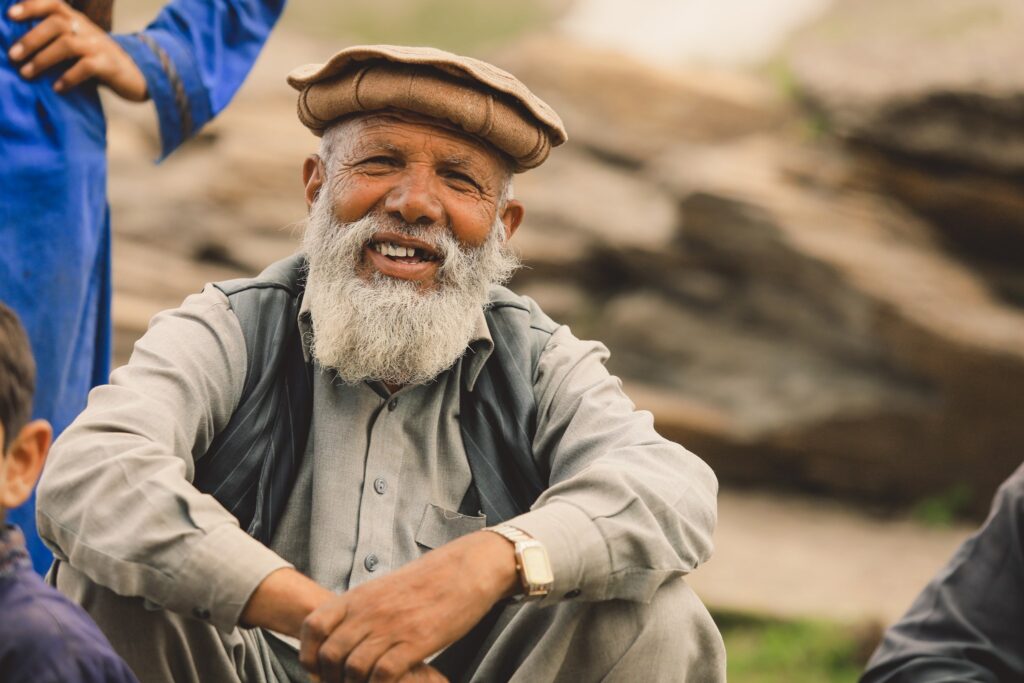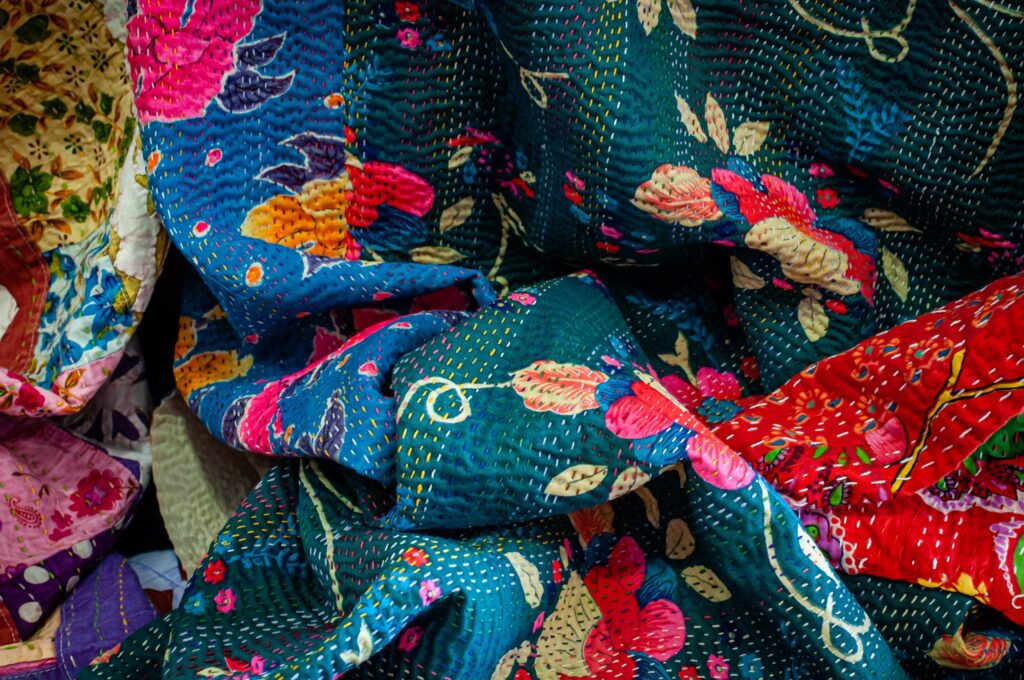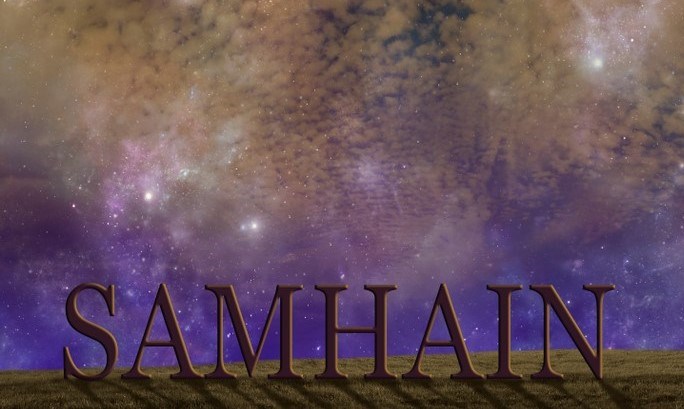
Hand made tradition: how and where do the Wayuu bags come from
Located deep in the La Guajira desert, close to the Colombian and Venezuelan border, is a traditional, historical, indigenous community who are known as the people of the sun, sand and wind – the Wayuu tribe.
Arriving in La Guajira from the Amazon rainforest and Antilles in 150A.D. to escape the hostile environments and find a new home, the Wayuu people have battled –the Spanish, the Government and, currently, mother nature – to keep their traditions alive.
A traditional Wayuu settlement is made up of five or six houses that made a rancheriá. Each ranchería is named after a plant, animal or geographic place. A territory that contains many rancherias is named after the mother’s last name; that is, society is matrilineal.

Wayuu culture is known for making Wayuu bags. Characteristic for the fabrics are the decorating patterns inspired by nature and what the culture sees around.
Wayuu women learn how to weave at a very early age. The Wayuu are descendants of the Caribs and Arawak peoples, largely known for their strong weaving tradition. The Wayuu carry on this traditional weaving.

It is said the Wayuu learned to weave thanks to a mythical spider called Walekeru. This spider would create magical pieces using thread from her mouth. She is the one that taught all Wayuu women to crochet, crocheting hammocks to sleep in, belts for men, shoes, bracelets and Wayuu bags of all different sizes and crochet methods to be used for different purposes. Today, the skill of crocheting has become the main source of income for the Wayuu community.
Weaving and crocheting make up a large part of their daily life, especially for women. Most of the women presently weave or will do it at some point through their lives. This artisan weaving industry plays a vital role in the local economy.

For the women of the Wayuu tribe it is a privilege tob e able to make the Mochila Bags. In the Wayuu culture it is a sign of intelligence, creativity and wisdom.
It is a complicated process. The making of one bag may require three weeks of intensive and concentrated work of one Wayuu woman. The Wayuu women receive a certain amount of money for each bag they sold to help and support their culture
Discover our collection of traditional, hand made Wayuu bags
